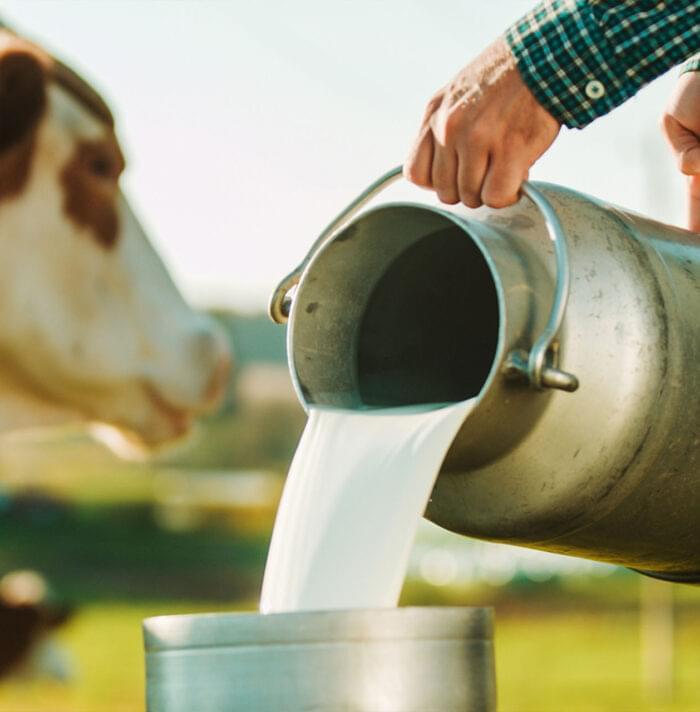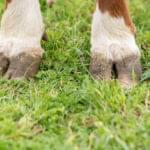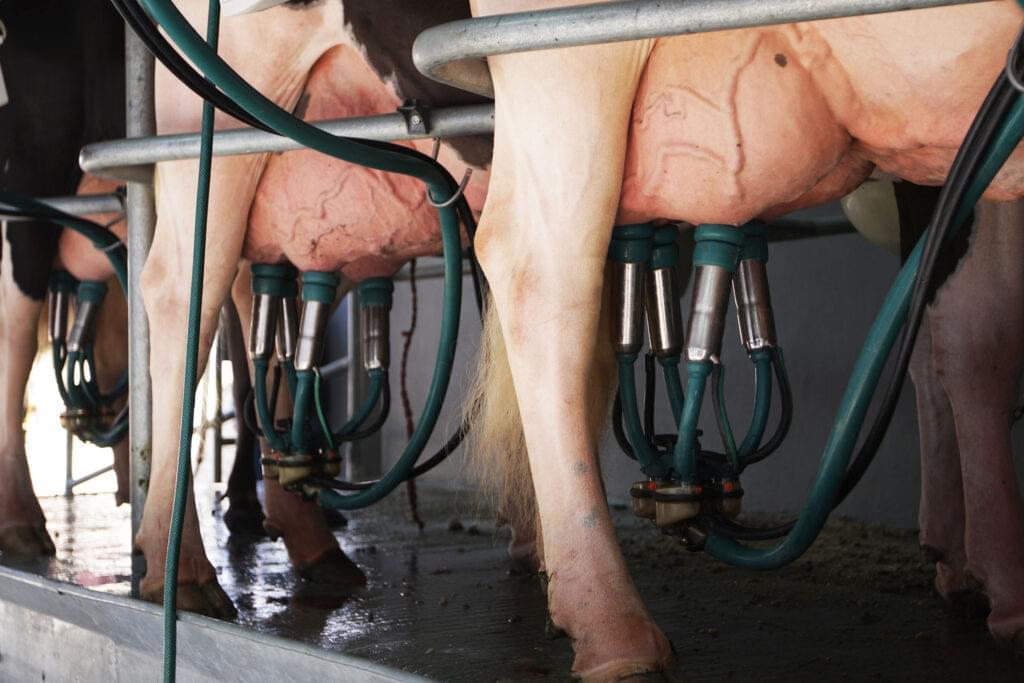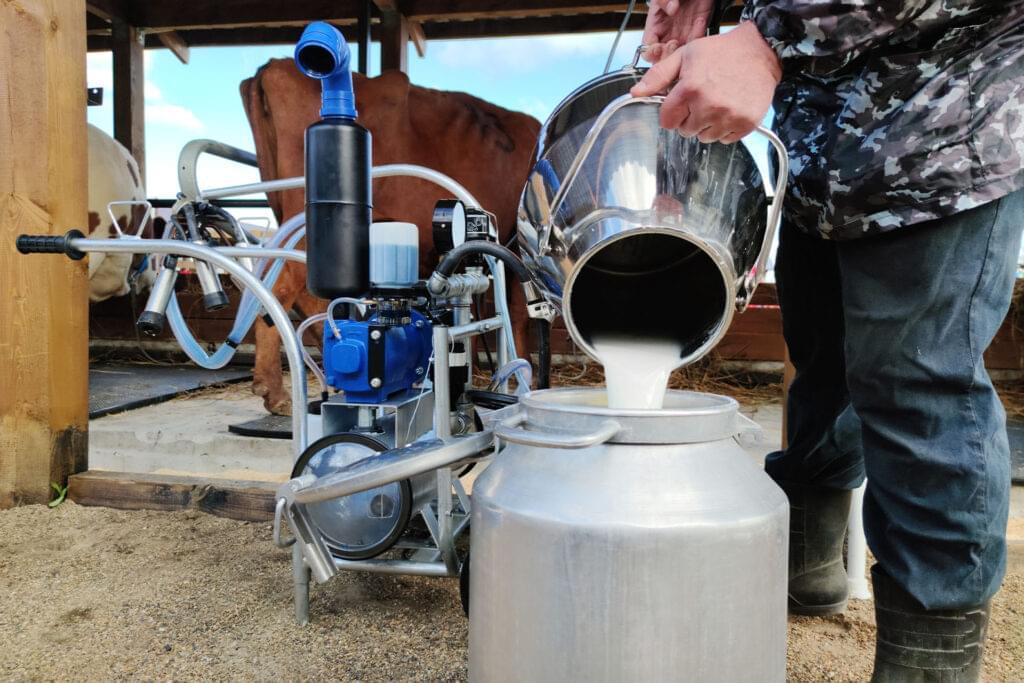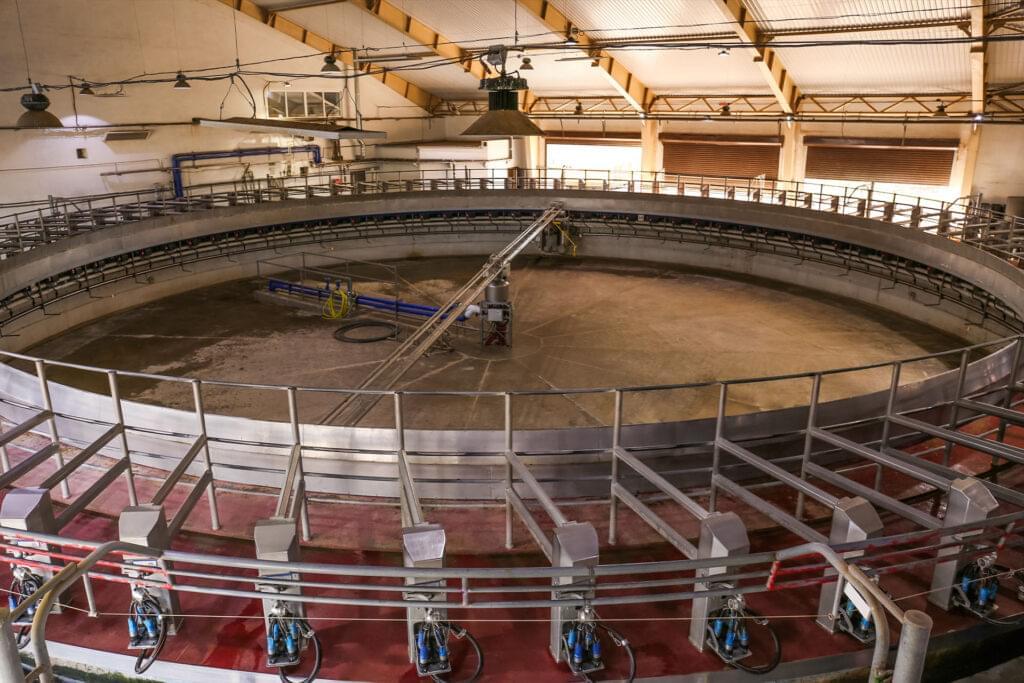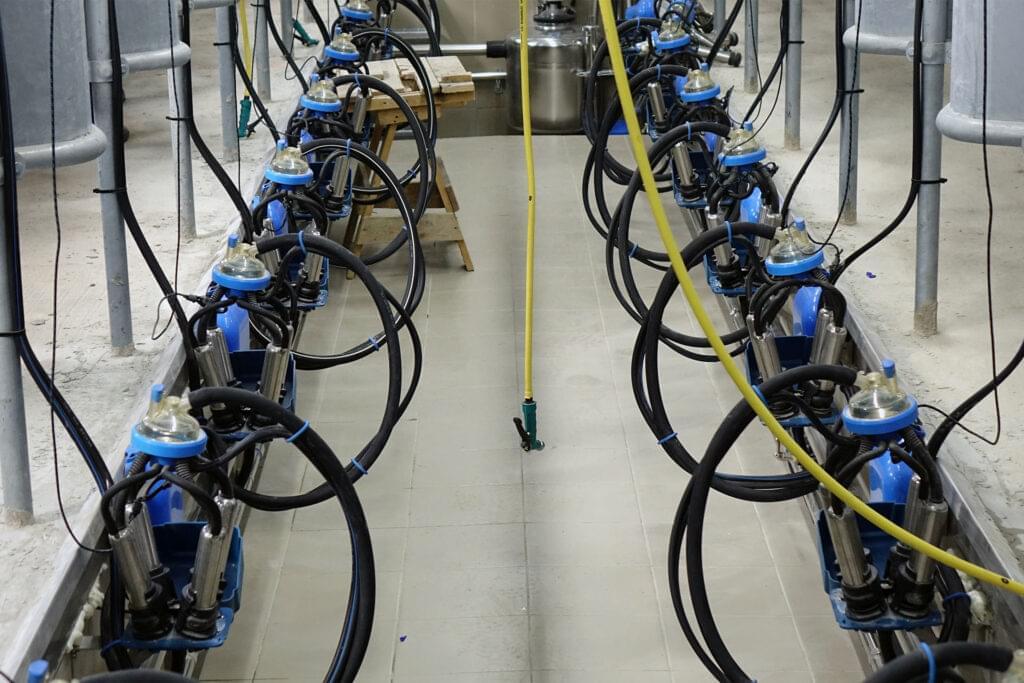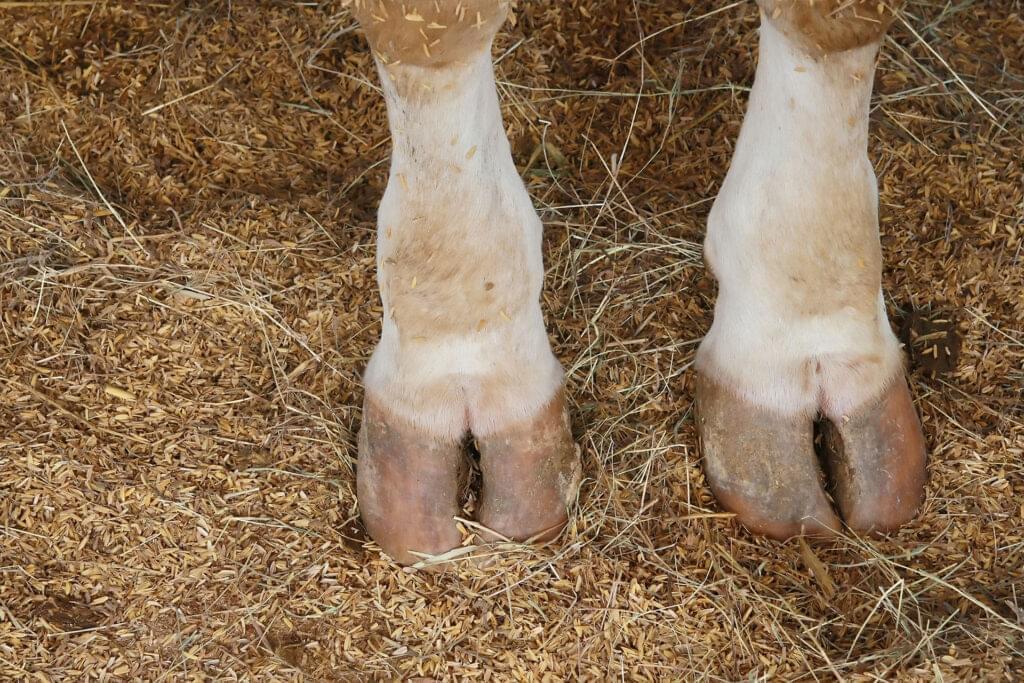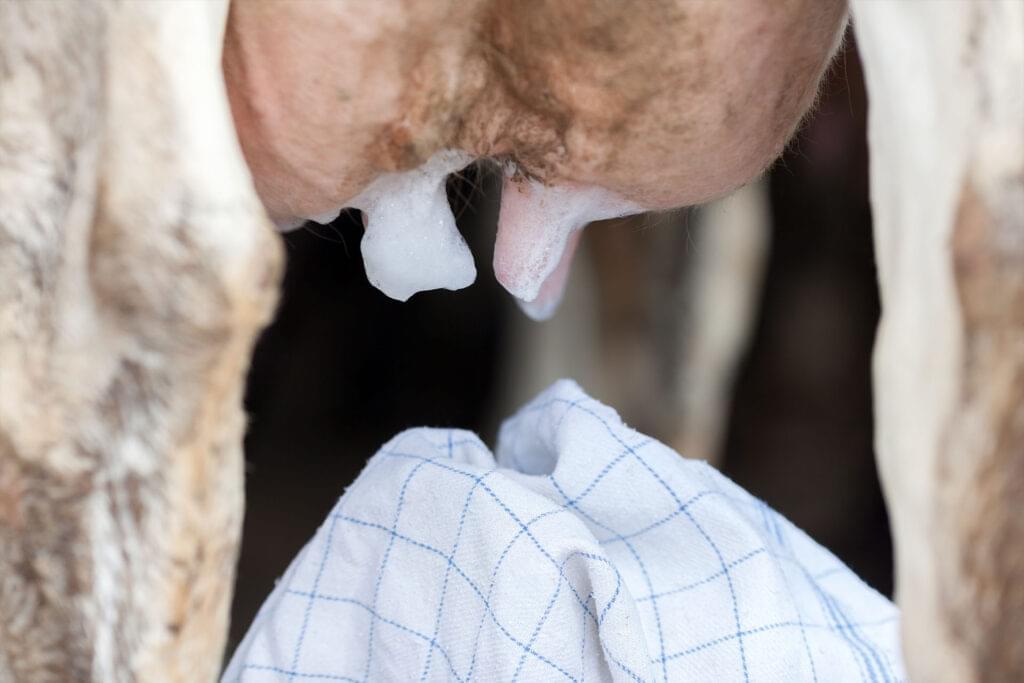Today, dairy farming is rapidly evolving to increase productivity and maximize animal welfare. At the heart of this evolution are modern milking technologies. For dairy farming operations, these technologies play a critical role in ensuring more efficient, hygienic, and sustainable production.
The Impact of Technology on Milking Efficiency
Compared to traditional milking methods, modern milking technologies provide both time and labor savings. Automated milking systems, precise sensors, and data analytics are used to determine the specific milking needs of each animal individually. This allows operators to manage their time more effectively and serve more animals.
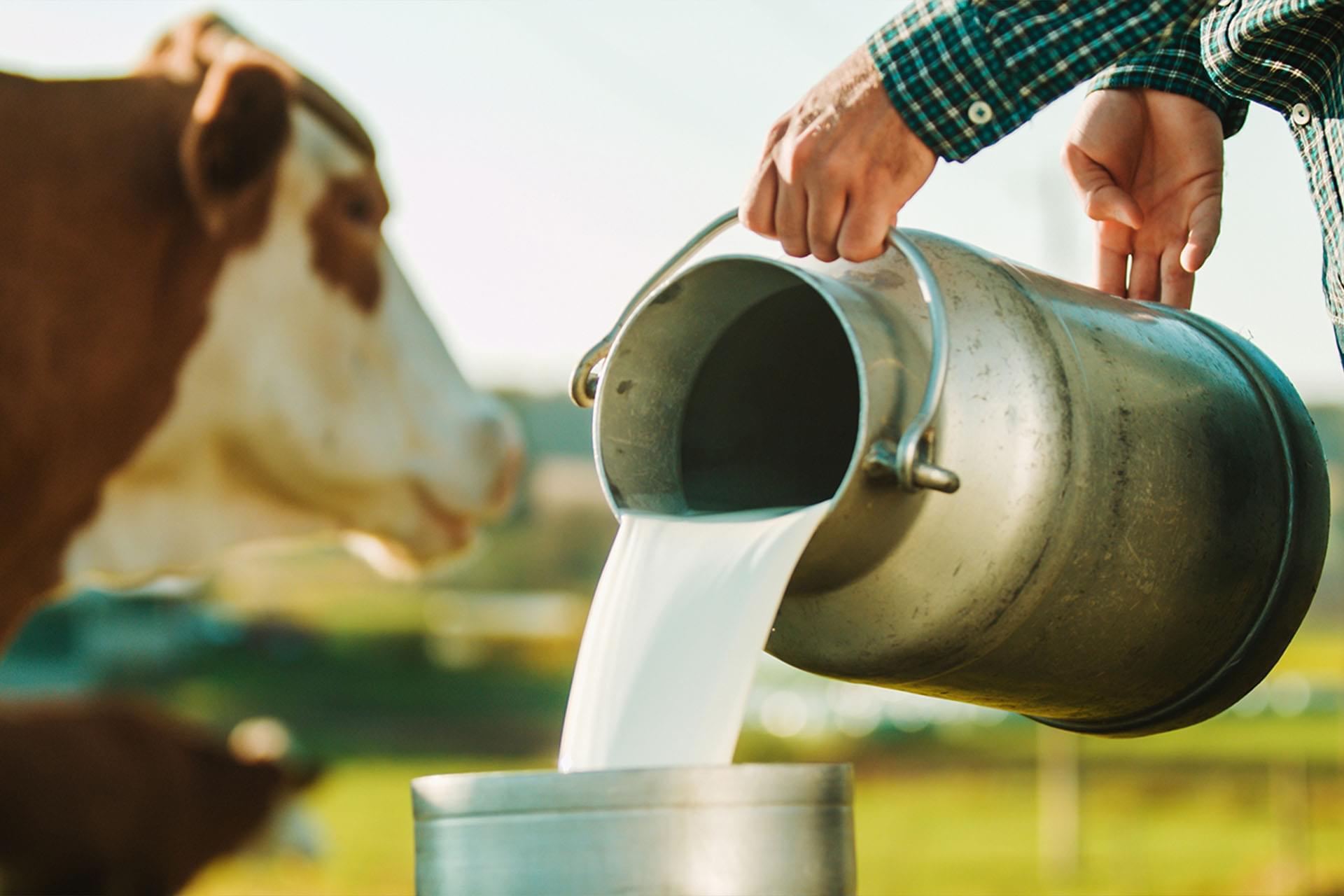
Contribution to Animal Welfare
Modern milking systems make the milking process more comfortable for animals. Automatic milking machines reduce the stress levels of animals, which in turn improves milk quality. Additionally, these systems minimize the risk of injury to the udder by controlling milking pressure, thus protecting the health of the animals.
Raising Hygiene Standards
Modern milking technologies are specifically designed to maximize hygiene standards. Automatic cleaning systems automatically clean the equipment before and after each milking, minimizing the risk of infection. This enhances milk quality and operational safety.
Sustainable Agricultural Practices
In addition to high efficiency, modern milking technologies support sustainable agricultural practices. Reduced energy consumption, less waste production, and more effective resource use help farms reduce their environmental impact.
In conclusion, modern milking technologies in dairy farming allow farms to be managed more smartly, hygienically, and sustainably. These technologies offer operators more control and efficiency while prioritizing animal health and welfare. As the drivers of the future in the dairy industry, modern milking technologies promise a brighter future for farmers in the sector.
